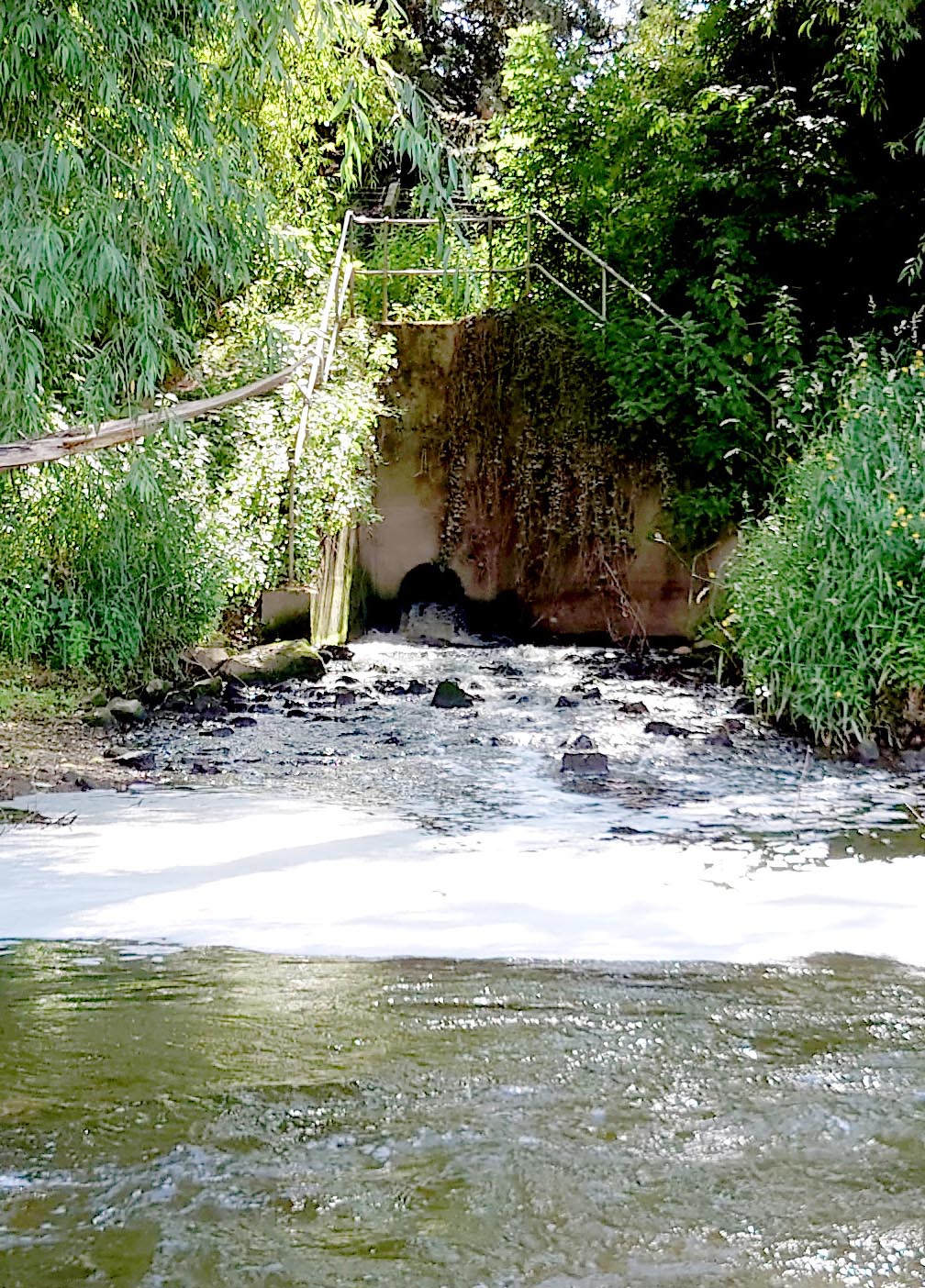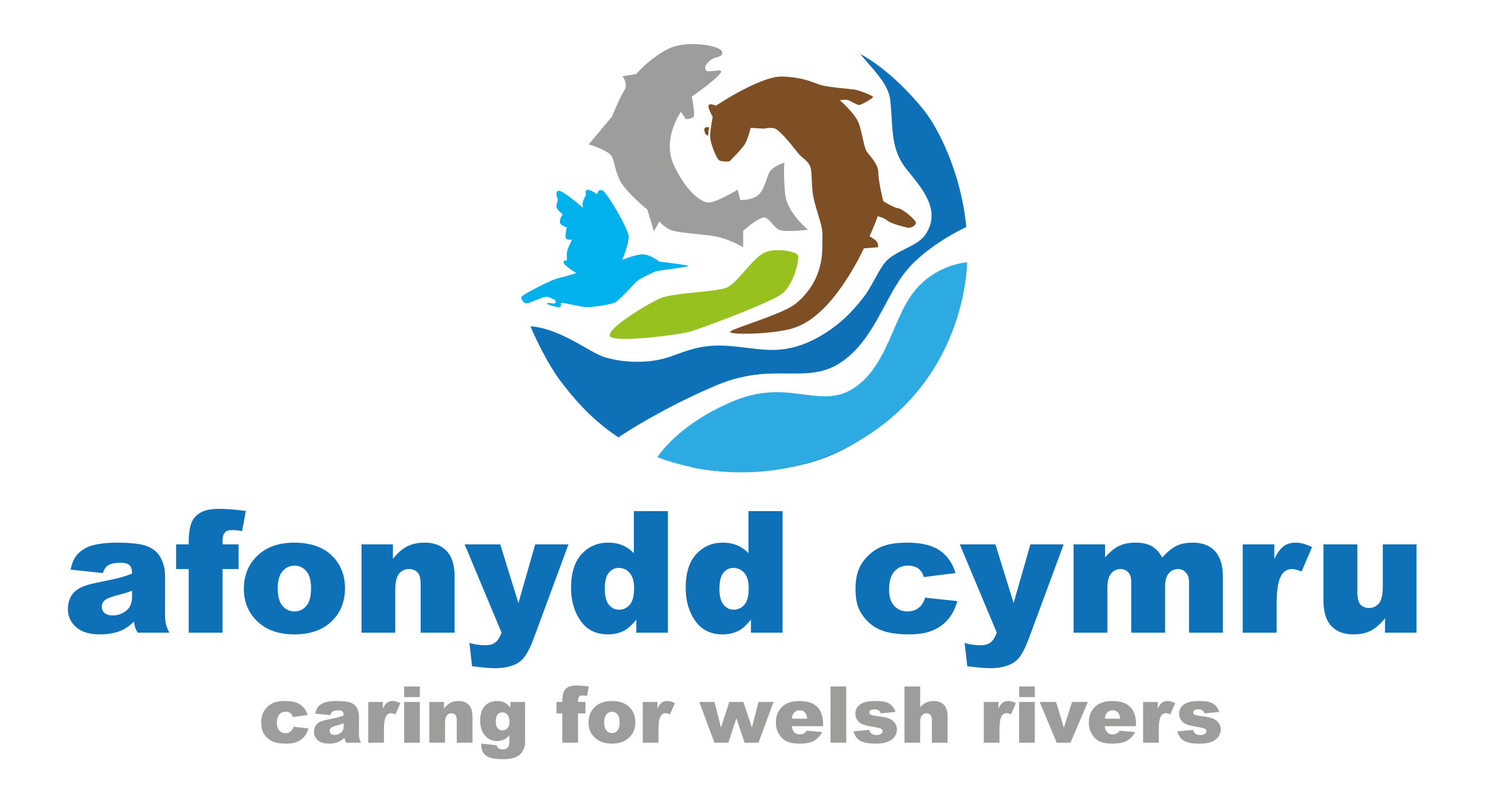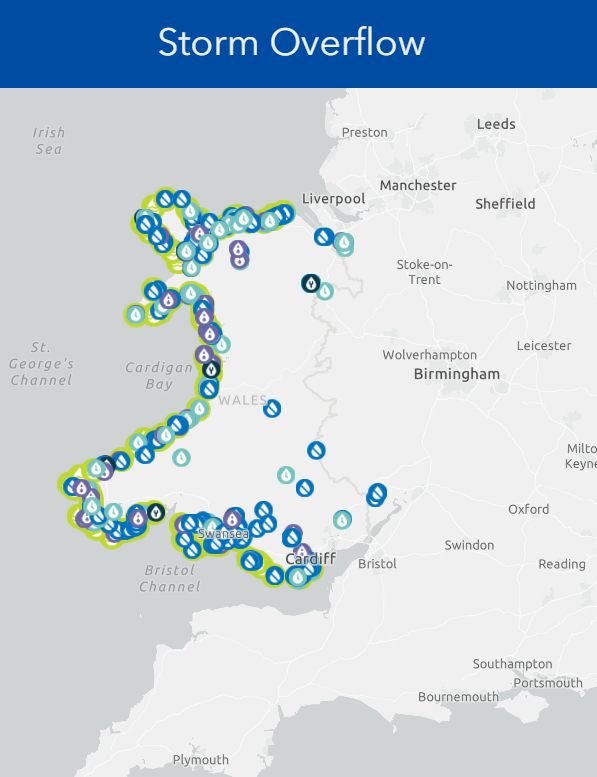
The latest storm overflow data has been published and it does not make for pleasant reading, on either side of the Wales/England border.
Welsh Water have produced a new interactive map giving realtime information on their storm overflows. While this indicates when they spill, it does not tell us which are having the biggest environmental impact.
In Wales, it is important that we retain focus on all polluting sectors, not just water companies.
The immediate reaction to the latest storm overflow results came with the usual assumptions that the situation in Wales is the same as in England.
Wednesday 10th April, 2024
At the end of March, water companies in Wales and England released their storm overflow data for 2023. On the face of things, the results made for some depressing reading with the media response focused on comparisons with spills from the previous year and mainly on the situation in England.
Wales is different, of course. When it comes to rivers and storm overflows, we have our own environmental legislation, a different regulator and most of the overflows in Wales are owned by a not-for-profit water company. Westminster’s Environment Act 2021 does not apply to Wales and our priorities in resolving storm overflow issues are not the same.
These are facts that are all-too-frequently forgotten about in the understandable public outrage over sewage spills.
Like England, Wales’s 2023 spill results were grim. Welsh Water were quick to point out that last year was one of very high rainfall: “2023 was one of the wettest on record with 10 named storms and eight months seeing above average rainfall ““ March for example was the wettest for 40 years in Wales and England with 200% of average rainfall.”
Last year was certainly wet. However, permits across the UK stipulate that storm overflows are only meant to spill in “exceptional rainfall.” Natural Resources Wales’s records show that the new definition of this (agreed by the Better River Water Quality Taskforce last year at 4mm per hour) was not met with the frequency suggested by the number of spills.
While we expect Natural Resources Wales to ensure compliance against this permit condition, at least in Wales we have a definition. In England, what constitutes “exceptional” is still a grey area.
The latest results also underline the importance of Peter Hammond’s work in 2023 looking into operations at Cardigan wastewater treatment works and others across Wales. It also justifies reservations over the performance of Natural Resources Wales in their regulatory and enforcement role.
“Full flow to treatment”
Looking into the 2023 data tells us that the highest number of spills across Wales generally occur from overflows at wastewater treatment works, either the inlet to works or from sites’ storm tanks. It is critical that storm tanks are operated properly so as much sewage can be stored as possible for treatment later.
Also, that all flow is treated prior to discharge outside periods of exceptional rainfall. Failure to do so is a breach of water companies’ operational permits but historical monitoring has been insufficient to determine compliance.
However, additional monitoring is starting to be introduced in Wales that will enable compliance checks across the works to be carried out automatically. Any compliance breaches discovered as a result must be part of water company performance reviews, something Afonydd Cymru will continue to push for.
In the meantime, the building of new houses in Wales that are connected to works that are currently not meeting “full flow to treatment” or are otherwise non-compliant has been stopped. We understand the urgent need for new homes but this must not be at the expense of further damage to our rivers.
Different Priorities In Resolving Storm Overflows
Another importance difference in Wales is the priority to resolve those storm overflows that cause greatest ecological harm.
In England, it appears the focus will be on overflows that spill most frequently, whatever their impact on the receiving river or watercourse. This is policy driven without full consideration of the real environmental issues.
In Wales, investment from Welsh Water will be linked to improving (or at least not damaging) wildlife, biodiversity and fish, something that makes much more sense.
Storm overflows and sewage in rivers is a long-standing issue. However, it is one that needs resolving and its elevation in the public’s consciousness, the media and in political agendas is a good thing.
But to ensure the best outcomes for rivers, what is needed is rational decision making that is based on facts and data analysis, not necessarily on opinion. And in Wales, it is crucial that we also retain focus not just on the water industry but on all the significant polluting sectors.
More Information:
How to classify storm overflow performance. Guidance note. Natural Resources Wales, Oct 2023.


